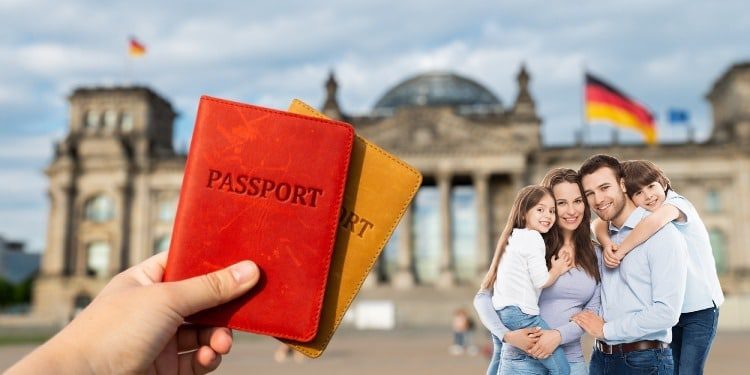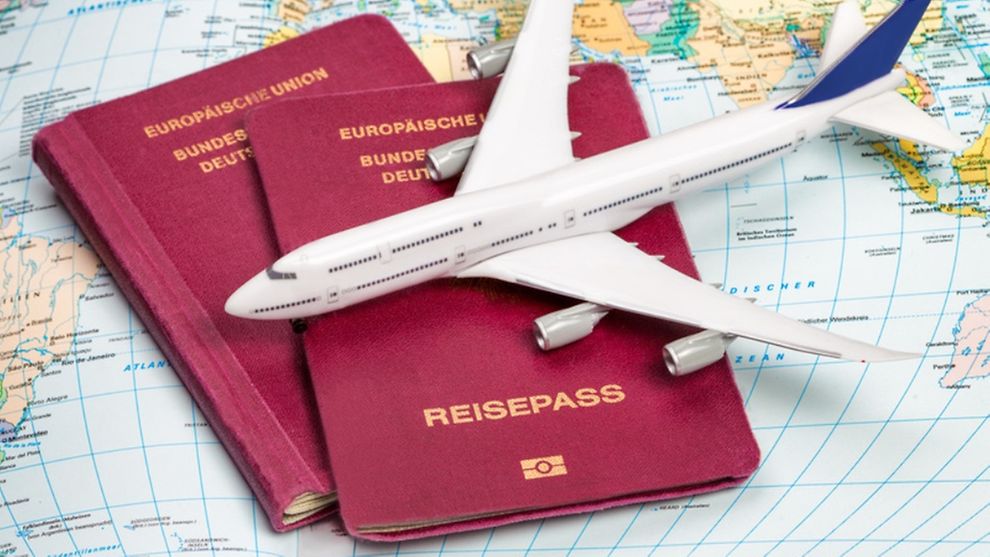- Relocation Planning for Families Moving Abroad in 2026
- Tax Residency and Global Mobility Planning in 2026
- How Investors Are Using UAE Visas to Future-Proof Their Wealth in 2026
- Workforce Mobility and Data Protection Compliance
- Corporate Business Travel in 2026: Visa Requirements & Legal Risks
- 5 Common Misconceptions Companies Have About Saudization in 2026
- Top Companies to Invest in Saudi Stock Market | Investor Guide 2026
- Saudi Arabia to Fully Open Tadawul to All Foreign Investors from February 1, 2026
- How Saudization Affects Foreign-Owned Companies in Saudi Arabia
- How Foreign Companies Can Obtain a Business Licence in Saudi Arabia in 2026
- Saudi Arabia Raises Saudization Requirements for Engineering and Procurement Roles: What Employers Need to Know
- Saudi Arabia’s Non-Oil Economy is Shaping a New Era of Growth and Attracting Global Investors
- Absher Launches New Online Feature to Change Resident ID Photo
- Why Borderless Employment Is Reshaping Corporate Talent Strategy in 2025
- The Future of Foreign Entrepreneurship in Saudi Arabia
- Business Sectors to Benefit from Dubai’s New Unified License
- How Non-Residents Can Own Property in Saudi Arabia
- Saudi Iqama Types and Compliance Rules for Residents and Employers
- 5 Strategic Benefits of Visa Planning in Global Expansion
- New Saudization Rule Targets Engineering Technicians in Saudi Arabia
German Visa Types
For non-EU or non-EEA citizens seeking entry into Germany, the initial imperative is to identify the most appropriate visa category tailored to your specific purpose. Germany offers a range of visa options to accommodate diverse objectives for entering the country. The prerequisites and additional documentation necessary for your application may vary in accordance with your individual circumstances. Therefore, it is vital to determine the visa type that aligns with your intentions and adhere to the corresponding documentation requirements.

Family Reunion Visa for Non-German Relatives

Tourist Visa for Short Stays

German Work Visa

Research Visa for Collaborative Projects
Residence permit for Germany
A visa offers only temporary stay. For extended stays, you’ll need to apply for a residence permit after your arrival. The application process is similar to the visa procedure, with possible additional documents required based on your situation, like employment contracts, marriage certificates, or language course enrollment confirmation.

HOW IT WORKS
Visa Requirements for Germany
When applying for a German visa, the initial step is to determine the specific visa category aligned with the purpose of your intended stay, be it for educational, employment, language acquisition, or job-seeking purposes. Each visa category entails its own unique document requirements, yet there exists a fundamental set of documents that must be furnished for any visa application:
- Two diligently completed visa application forms.
- A valid passport along with two photocopies.
- Two recent biometric photographs.
- A birth certificate (mandatory for minors).
- A compelling motivational letter elucidating the purpose of your stay in Germany.
- Evidence of health insurance coverage in the form of a certificate.
- Verification of financial resources.
Additional documents are essential for specific visa applications. For a work visa, include the employment contract, CV, and university degree certificates. For a family reunion visa, provide a minimum A1 level German language certificate, marriage certificate, and all pages of the spouse’s passport.
Building Bridges, Connecting Cultures
Our team of skilled professionals is passionate about helping individuals and families overcome the complexities of the immigration process.

